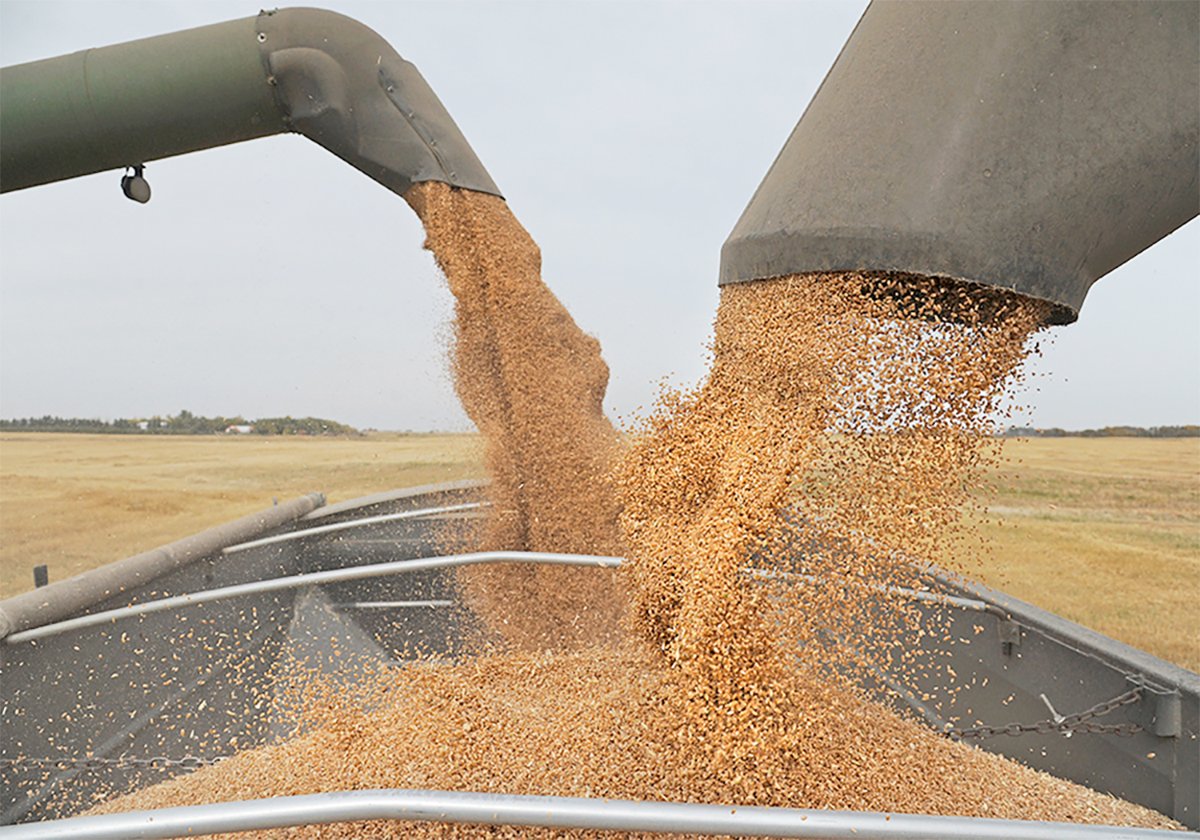Farmers talk about themselves and their farms as if it’s all about business. Hardcore business.
It’s never really been true, but many farmers believe it and most want to believe it. Being a tough-guy businessman can seem more impressive than being a soft-hearted agriculturalist.
However, sometimes the cloak of myth is shrugged off and the naked reality becomes visible, and that nakedness will be seen soon at the Harvesting Hope mass threshing demonstration and fundraiser, which happens July 31 at the Manitoba Agricultural Museum in Austin. At that event 140 or more vintage threshing machines, brought in from as far away as Iowa and Alberta, will try to set the record for the biggest mass threshing display ever.
Read Also

Agriculture productivity can be increased with little or no cost
There’s a way to enhance agricultural productivity with little or no cost. It doesn’t even require a bunch of legislative changes.
Money raised by the threshing crews, and by many supporters and other organizations, will go to support both the Canadian Foodgrains Bank’s global hunger-fighting efforts and the museum’s heritage preservation work.
Farmers and friends will spend their time and money, in the middle of a growing season, to raise money to help the world’s needy and help preserve the agricultural heritage of the Canadian Prairies. Farmers’ naked generosity will be out in the sun for everyone to see.
I say that farming is not something most farmers do for hardcore business reasons because most farmers are not crazy, and farming is a crazy business. It is crazy-risky, with more volatility than any other business other than high seas piracy or ice cream truck sales. It is possible to make millions of dollars in farming, and most farmers today are worth millions of dollars, but that visible reality obscures the deeper reality that most people who have farmed the Canadian Prairies have ended up losing their farms, or giving them up. Today we see the survivors of a brutally Darwinian business, because almost no one would enter solely as a means of getting a good return on capital.
I think farmers farm because they love the life and culture of farming, something many cannot bear the thought of leaving. To be able to remain in farming, farmers have to be excellent businessmen. But that’s just a survival skill, not a raison d’être. And being a great businessman doesn’t mean you’ll survive in farming.
That’s something I witnessed while working on an on-farm feature that was related to Harvesting Hope. I went to the farm of a family that lost its original farm, then saw three sons find their way back into farming in following decades. Three bad harvests in a row bankrupted the Klassen’s father’s farm in the early 1980s, pushing him and his sons into other businesses, but the sons’ generation managed to work their way back in, even though they were owning and operating successful non-agricultural businesses. Three of the sons bought farms and got back into the farming business.
One of the best things about my job is being able to get out and meet real, live farmers. And not just farm leaders. I get to meet the farmers who do their work quietly, not drawing attention to themselves. They’re the real thing. And it’s these sorts of farmers that I base my sense of farmer’s reality upon.
Here’s the Klassens’ reality to me: they love farming; they’re good businesspeople; they’re determined to make a go of farming, even if it isn’t always easy or enriching.
And they want to celebrate farming and what it means and has meant to their family, which is why they tracked down the old threshing machine their dad owned, and why they bought a working thresher in order to be able to take part in Harvesting Hope. Farming is about family, culture and producing food for the world.
So if you go out to see Harvesting Hope in two weeks, or follow live coverage from people like me who will be there, you might mostly notice a massive display of agricultural technology and hard physical work.
But if you break apart the mass effort you’ll find over 100 family stories, and most of them have little to do with the business of farming. They’re raising money, but money isn’t one of the prime motivating factors for most farmers, and certainly not for these ones.















